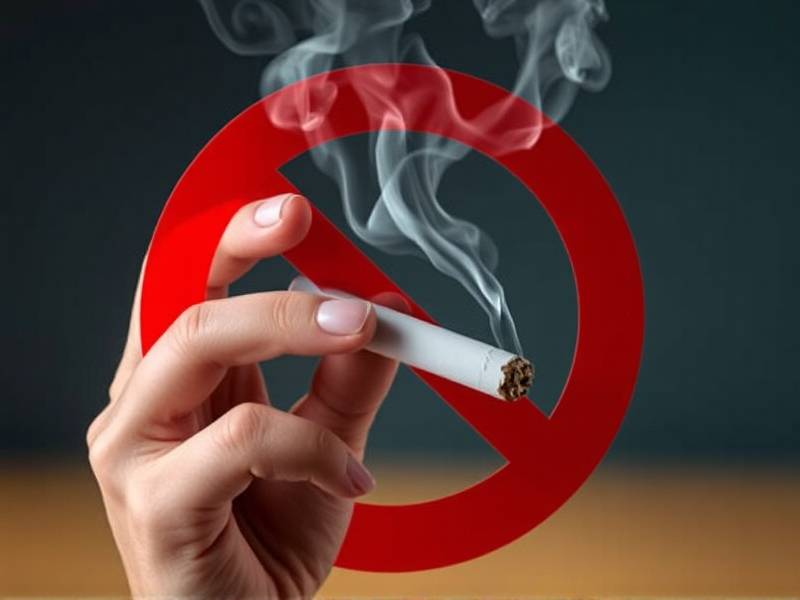How Long Does It Take to Quit Smoking? NHS Guidance
How Long Does It Take to Quit Smoking? NHS Guidance Unveiled
Understanding the Journey to a Smoke-Free Life
Quitting smoking is a significant step towards improving your health and well-being. However, many smokers often wonder: "How long does it take to quit smoking?" The National Health Service (NHS) provides valuable guidance that can help you navigate this journey. This article delves into the factors influencing the duration of quitting smoking and offers practical advice from the NHS.
The Timeline: A Personalized Journey
The timeline for quitting smoking varies from person to person. Some may find success within a few weeks, while others may take several months or even years. The key is understanding that quitting smoking is not just about overcoming physical addiction but also addressing psychological and social aspects.

Physical Detoxification
The initial phase of quitting involves physical detoxification. According to the NHS, nicotine withdrawal symptoms typically peak within 48 hours after your last cigarette and can last up to two weeks. During this time, your body starts to heal from the damage caused by smoking.

Psychological Challenges
Once the physical symptoms subside, psychological challenges often arise. These include cravings, stress, and withdrawal from social habits associated with smoking. The NHS suggests various strategies such as nicotine replacement therapy (NRT), counseling, and support groups to help manage these challenges.
Strategies for Success: What the NHS Recommends
The NHS offers a range of evidence-based strategies to increase your chances of successfully quitting smoking:
Nicotine Replacement Therapy (NRT)
NRT helps alleviate nicotine withdrawal symptoms by providing controlled doses of nicotine without the harmful effects of tobacco smoke. Options include gum, patches, lozenges, inhalers, and nasal sprays.
Behavioral Support
Behavioral support can come in various forms, including face-to-face counseling sessions or telephone helplines provided by organizations like Smokefree. These services offer personalized advice and guidance tailored to your needs.
Medication
Certain medications can help reduce cravings and withdrawal symptoms. Your GP can prescribe medication such as varenicline (Champix) or bupropion (Zyban) if appropriate for you.
Support Groups
Joining a support group can provide emotional support and practical advice from individuals who have gone through similar experiences. Many communities have local support groups or online forums where you can connect with others.
Case Studies: Real-Life Success Stories
To illustrate the effectiveness of these strategies, let's look at some real-life success stories:
- Sarah: Sarah tried NRT combined with behavioral support from her GP's surgery. After several months of perseverance, she successfully quit smoking.
- John: John found that joining an online support group was crucial in his journey towards becoming smoke-free. He received encouragement and practical tips from fellow members.
- Lisa: Lisa was prescribed medication by her GP along with counseling sessions. She credits her GP for providing tailored advice that helped her overcome her addiction.
Conclusion: Embrace Your Journey
Quitting smoking is a challenging yet rewarding process. By understanding the timeline involved and utilizing the resources provided by organizations like the NHS, you can increase your chances of success. Remember that each person's journey is unique; be patient with yourself as you navigate this significant life change.
For more information on quitting smoking and accessing support services in your area, visit NHS Choices. Start today – your health is worth it!
